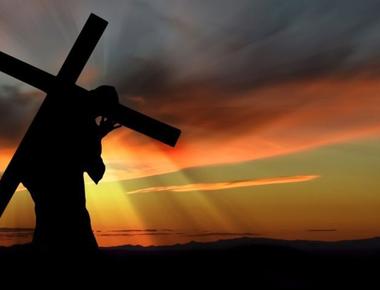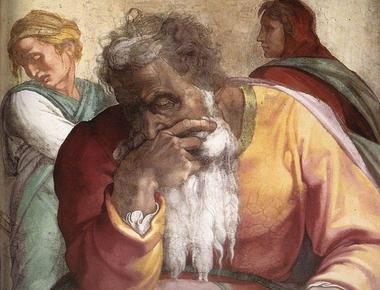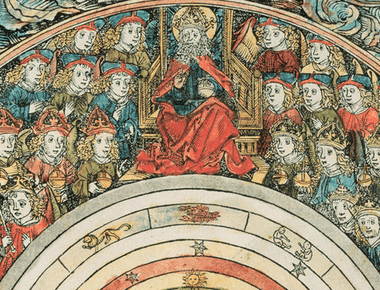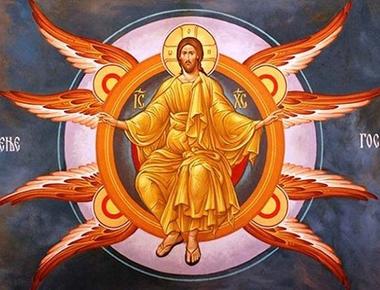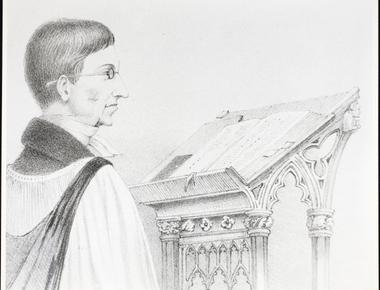
Festivals of Faith: Sermons for the Liturgical Year, by St. John Henry Newman, edited by Melinda Nielsen, presents an impressive and carefully arranged collection of Newman’s homilies.
Festivals of Faith: Sermons for the Liturgical Year, by St. John Henry Newman, edited by Melinda Nielsen, presents an impressive and carefully arranged collection of Newman’s homilies.
Time to Delay No Longer is, as its subtitle suggests, a true search for faith. In this work, the late Bill Evans (1933–2017) endeavors to recount his conversion to the Catholic faith. His account of conversion centers around a profound systematic analysis of the Catholic Church and its claim towards religious authority.
If our charge as Christians is to be holy in all that we do, what does this way of life look like in today’s world? This question is not easily answered simply by looking to past examples.
On 12 September 1830 Newman preached a sermon in the University Church entitled “Jeremiah, A Lesson for the Disappointed.” It has not, so far as I am aware, ever attracted a great deal of attention. Though it was later published in Parochial and Plain Sermons—“the most important publication not only of Newman’s Protestant days, but of his life,” as Owen Chadwick once averred—it had to wait til volume eight for inclusion: hardly typical of “The Very Best Of …” territory.
That is fitting in a way, however. For the whole topic of “Jeremiah, A Lesson for the Disappointed” is the fact of being overlooked, of deserving recognition but not getting it, of striving and failing—or rather, of seeming to fail.
Newman’s description of self-denial in light of the invisible world can help us to examine and renew three fundamental relationships: with God, our neighbor, and the natural world.
An important theological theme in the Christian tradition is that of the divine ideas or <em>logoi</em> in the mind or Word of God by which God knows and loves in himself eternally all the ways that creatures can or do participate in a living likeness of him.
QUICK LINKS

